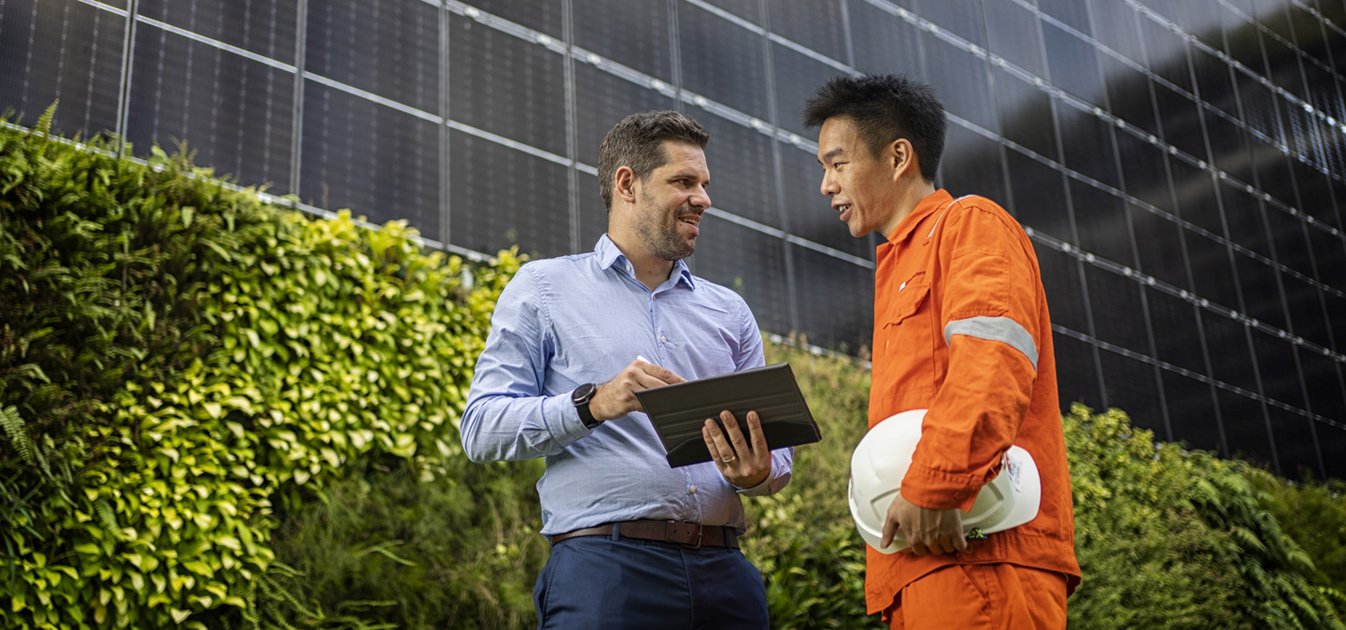
Our approach to sustainability is underpinned by the three pillars of Environmental Stewardship, Responsible Business, and People and Community, which address the environmental, social and governance aspects of sustainability.
Keppel is committed to supporting the global ambition to reach net zero carbon emissions by 2050.
Our climate transition plan includes the three pillars of business transformation, running our business sustainably, and making sustainability our business through providing solutions that contribute to sustainable development.
As a global asset manager and operator, Keppel is committed to responsible investment practices.
